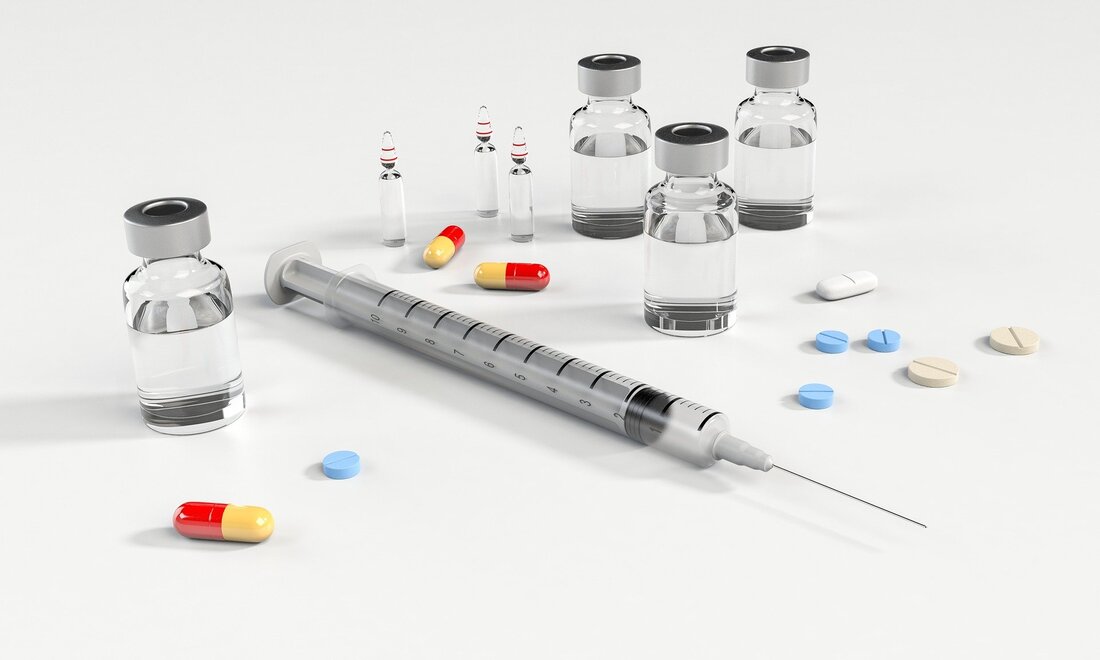|
What is Nephrology - What important details should be gathered from the medical histories of individuals who have been referred for renal disease evaluation?
• Previous kidney disease diagnosis (e.g., documentation of BUN and serum creatinine levels) • Any asymptomatic urine problems in the past (e.g., hematuria, proteinuria) • Urinary frequency or urgency changes in the past, etc. • Urinary character or appearance changes (e.g., smell, color, frothy appearance) • Diabetes history (duration, severity, end-organ damage) • Hypertension history (including cardiac history) • Previous exposure to nephrotoxic pharmaceuticals (e.g., nonsteroidal anti-inflammatory drugs [NSAIDs], aminoglycoside antibiotics) • Adverse reactions to drugs that block the renin-angiotensin-aldosterone pathway (e.g., angiotensin-converting enzyme inhibitors, angiotensin receptor antagonists) in the past • Recent gastrointestinal endoscopic operations that necessitated bowel cleansing (risk of acute phosphate nephropathy in people who utilize phosphate-containing enema) • Recent exposure to procedures that necessitate the use of contrast (risk of contrast-induced acute kidney injury) • Recent systemic infections or co-infections • A family history of kidney disease or a relative who requires renal replacement therapy (e.g., polycystic kidney disease [PKD], Alport syndrome) • Autoimmune disease history • Any over-the-counter medications used (e.g., NSAIDs) and/or herbal, natural supplements • Any recent changes in dose of a medication or any new medication recently began
0 Comments
Leave a Reply. |
Kembara's Health SolutionsDiscovering the world of health and medicine. Archives
June 2023
Categories
All
|

 RSS Feed
RSS Feed